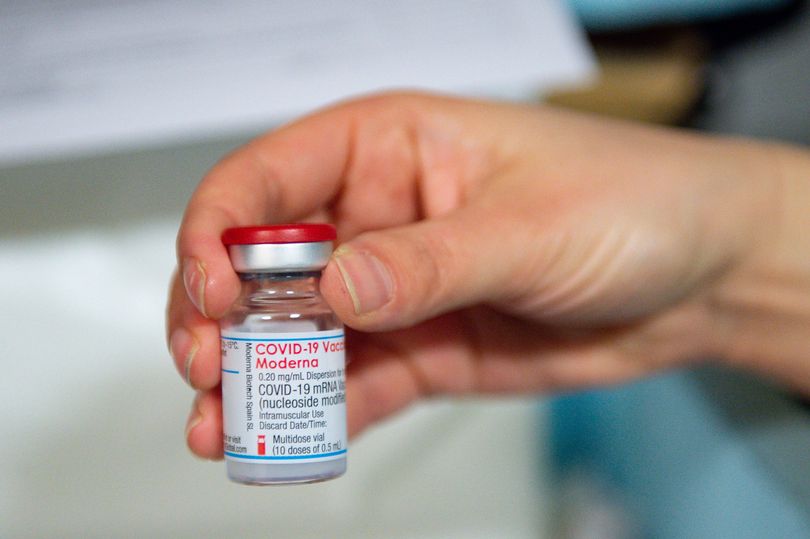With an estimated 8 in 10 Australians already infected with COVID-19, many do not want to be infected again anytime soon. So how likely is it that you may get COVID-19 after being infected? Is the illness less or more severe the second time around?
These questions were answered in a meta-analysis published in The Lancet.
How likely are you to get COVID-19 twice?
The Lancet paper examined 65 separate studies from 19 nations and categorized ‘protection’ into strain categories, including the original or ancestral strain and the variants Alpha, Beta, Delta, and Omicron BA.1. All of these results have been adjusted to give data for 10 months following the initial infection.
COVID-19 weekly new cases
The ‘scrabble’ variants, most often XBF, cause the majority of COVID-19 infections in Australia. They are an Omicron variant, however, they differ somewhat from the Omicron BA.1 detailed in the study. As a result, you should presume that your protection against reinfection is (at best) the level of Omicron.
The study compares persons who have never had COVID-19 to those who have been infected once, and concludes that infection provides immunity, similar to vaccination – they are around 45% less likely to have Omicron BA.1 a second time than those who have never had the illness.
Rates for all other variants varied from 82 to 90%.
Is it going to be worse the second time?
The report also followed whether the person acquired ‘severe disease’ if they got the malady again. In this situation, severe disease means hospitalization or death. Unfortunately, it does not cover any really serious cases that were treated at home.
The news is much better in this instance. The scientists found that past infections with any variety or strain resulted in a high level of protection against the severe disease a second time around – between 78 and 97%. At 82%, Omicron BA.1 is included.
It indicates that the likelihood of being hospitalized with a second bout of COVID within 10 months is relatively low for the majority of patients.
“The fact that your risk of severe disease is greatly reduced on re-infection with COVID-19 is great news. However, the ongoing spreading of the virus is still problematic as it still leaves vulnerable populations at risk and it allows the virus to continue and mutate into newer variants,” says Garvan Institute of Medical Research immunologist Dr. Deborah Burnett.
Should I get vaccinated?
The paper makes an interesting point: having COVID-19 once provides quite excellent protection against getting it again – at least as effective as two doses of vaccination.
“Although protection from re-infection from all variants wanes over time, our analysis of the available data suggests that the level of protection afforded by previous infection is at least as high, if not higher than that provided by two-dose vaccination using high-quality mRNA vaccines,” the researchers write in the new paper.
Similarly, this does not mean that people should not get vaccinated, especially if they have never had a COVID infection. Vaccination produces immunity in most people without causing severe illness, making it by far the best and safest approach to ensure your body is developing immunity against COVID-19.



